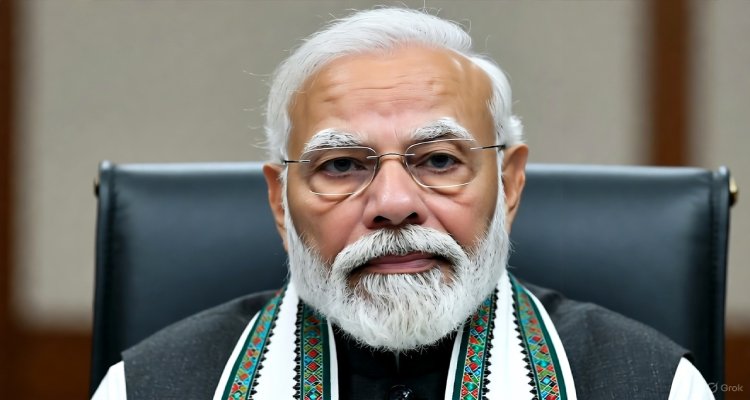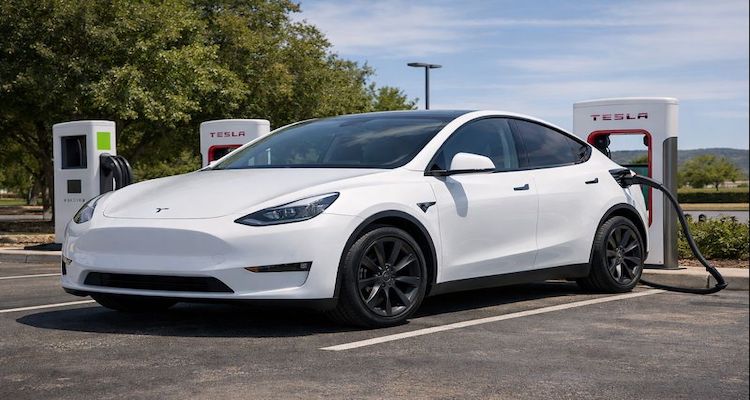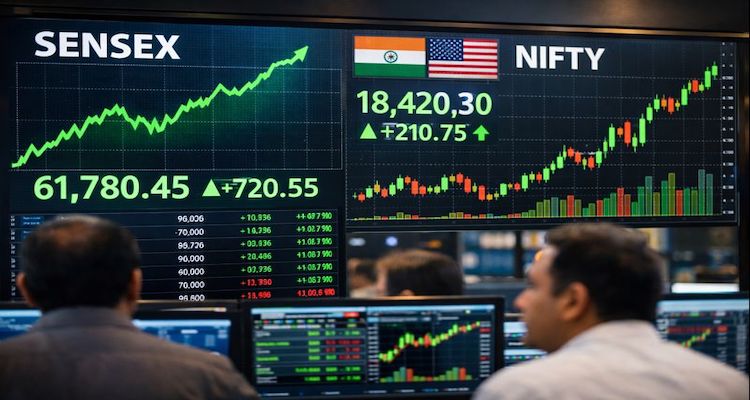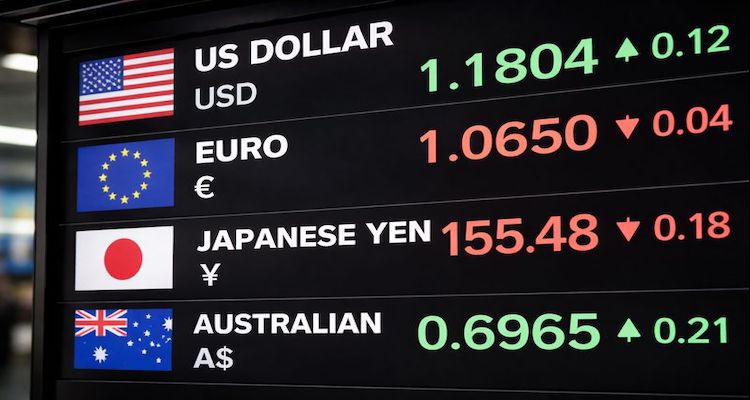PM Modi to Virtually Attend 22nd India-ASEAN Summit: Strengthening Ties in the Indo-Pacific Era

Prime Minister Narendra Modi will virtually attend the 22nd ASEAN-India Summit on October 26, reaffirming India’s Act East Policy and Indo-Pacific partnership goals.
India and ASEAN: A Digital Summit of Strategic Importance
Prime Minister Narendra Modi is set to attend the 22nd ASEAN-India Summit virtually on October 26 in Kuala Lumpur, marking another milestone in India’s engagement with Southeast Asia. The summit will bring together leaders from 10 ASEAN nations and India to review progress in their Comprehensive Strategic Partnership and explore new avenues for cooperation in trade, connectivity, and security.
This year’s summit holds special significance as the Indo-Pacific region faces shifting geopolitical and economic challenges. Strengthening India’s partnership with ASEAN continues to be a key pillar of New Delhi’s Act East Policy, reflecting the country’s commitment to regional peace, stability, and prosperity.
A Decade of Deepening ASEAN-India Relations
The Association of Southeast Asian Nations (ASEAN) was founded in 1967 by five countries — Indonesia, Malaysia, the Philippines, Singapore, and Thailand — with the vision of fostering economic growth, social progress, and regional stability. Today, the bloc includes 10 members, with Timor-Leste expected to join soon as the 11th member.
India’s partnership with ASEAN has evolved dramatically since becoming a sectoral dialogue partner in 1992. By 2002, the relationship was elevated with the first ASEAN-India Summit in Phnom Penh, Cambodia. The collaboration reached a new height in 2012 when both sides declared a Strategic Partnership, and in 2022, it was upgraded further to a Comprehensive Strategic Partnership — a reflection of mutual trust and shared strategic interests.
India’s growing trade and investment ties with ASEAN underscore the economic potential of this partnership. Bilateral trade is expected to reach $300 billion by 2025, making ASEAN India’s fifth-largest trading partner, after North America, the EU, North-East Asia, and the Gulf region.
Key Agenda: Security, Connectivity, and the Indo-Pacific Vision
At the 22nd Summit, Prime Minister Modi and ASEAN leaders will review the implementation of past initiatives and discuss new strategies to strengthen connectivity — both physical and digital. The dialogue will also focus on maritime security, supply chain resilience, green transitions, and digital innovation, aligning with India’s Indo-Pacific vision.
India’s “Act East Policy” — launched in 2014 — places ASEAN at its core. The policy extends beyond economics, emphasizing people-to-people exchanges, cultural diplomacy, and defense cooperation. Through initiatives like the India-Myanmar-Thailand Trilateral Highway and ASEAN-India Connectivity projects, New Delhi seeks to weave stronger infrastructural and economic linkages across the region.
PM Modi’s Representation at the East Asia Summit
While PM Modi will join the ASEAN-India Summit virtually, External Affairs Minister S. Jaishankar will represent India at the 20th East Asia Summit (EAS) on October 27, also in Kuala Lumpur. The EAS serves as the Indo-Pacific’s premier strategic dialogue platform, bringing together 18 member countries, including the ten ASEAN nations, along with India, the US, China, Japan, Russia, South Korea, Australia, and New Zealand.
Founded in 2005, the East Asia Summit provides a forum for leaders to discuss security, political, and economic challenges in the Indo-Pacific region. Collectively, EAS member nations represent over half of the world’s population and contribute to more than 60% of global GDP, underscoring the summit’s influence in shaping global geopolitics.
Analysts’ View: A Critical Moment for Regional Balance
Foreign policy analysts note that India’s participation in both summits — even virtually — reaffirms New Delhi’s commitment to multilateral diplomacy amid rising regional tensions. “ASEAN’s centrality in the Indo-Pacific is not just a diplomatic phrase — it’s a strategic necessity,” says Dr. Arvind Gupta, former Deputy National Security Adviser of India. “India’s engagement helps maintain balance and prevents unilateral dominance in the region.”
Observers also emphasize that the ASEAN-India dialogue will likely highlight maritime cooperation and freedom of navigation — critical issues in the context of China’s assertive actions in the South China Sea. Moreover, the push for clean energy transitions and digital partnerships aligns with both sides’ post-pandemic recovery goals.
Implications for the Indo-Pacific Future
The outcomes of the ASEAN-India and East Asia summits will shape regional cooperation frameworks for years to come. India’s approach — balancing strategic autonomy with proactive engagement — continues to earn trust among ASEAN nations seeking stability amid global uncertainty.
Experts believe the summits could also open the door for new economic corridors, startup collaborations, and renewable energy projects, boosting India’s trade footprint in Southeast Asia. As New Delhi deepens ties with ASEAN, it positions itself as a responsible and reliable partner in the evolving Indo-Pacific order.
Conclusion: Strengthening Bridges, Virtually and Strategically
Prime Minister Modi’s virtual participation reflects the continuity and commitment of India’s foreign policy priorities, even in a digital format. Whether through economic diplomacy, maritime collaboration, or cultural engagement, India’s Act East Policy remains focused on deepening mutual growth and regional stability.
As ASEAN and India chart their course through a rapidly changing world, this partnership stands as a testament to shared values of cooperation, peace, and prosperity — crucial for a free, open, and inclusive Indo-Pacific.
Disclaimer: This article is based on officially available information and independent analysis. It does not represent any government or organizational position.










